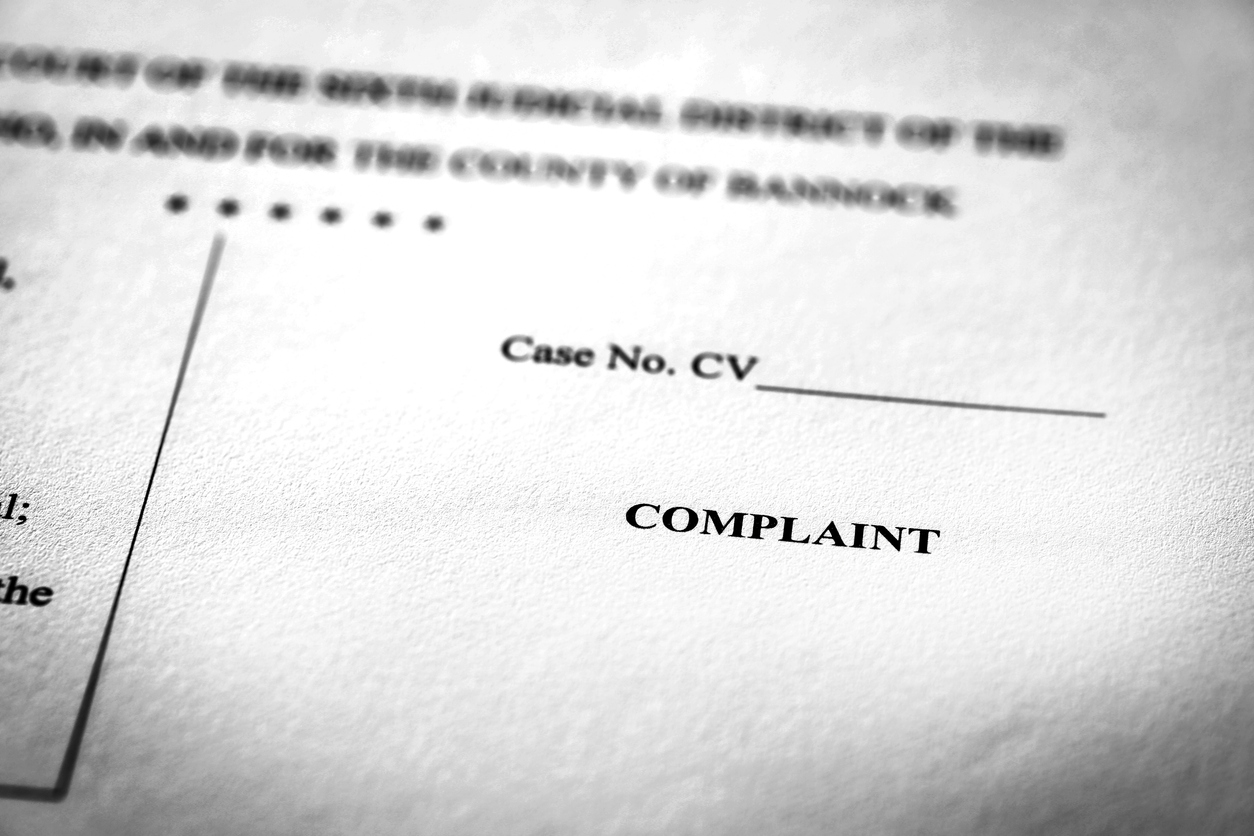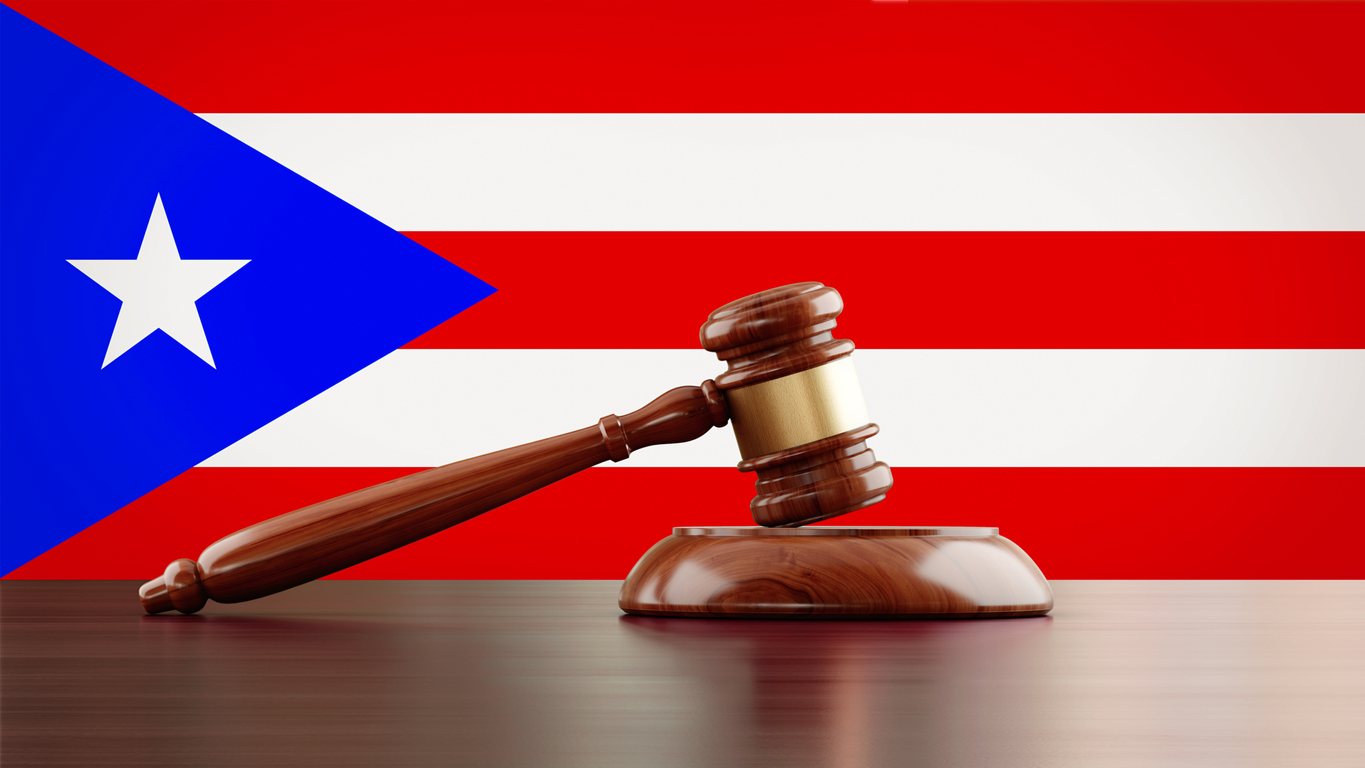Major hurricane losses in Puerto Rico as well as in the United States usually involve insurers having reinsurance treaties reimbursing the carriers for their Hurricane losses. This was a major topic of conversation at our Merlin Law Group holiday party in San Juan where the picture above was taken. That Saturday night party in San Juan was a lot of fun.
A recent Puerto Rico federal lawsuit involved litigation between reinsurers and a Puerto Rico insurer.1 Because our blog rarely discusses reinsurance issues, I attach a copy of the reinsurance agreement from the lawsuit which was heavily redacted, so our readers can become more familiar with how these contracts work between insurers and reinsurers.
Interestingly, just like some policyholders who are forced into insolvency proceedings and problems with creditors caused by delayed claims payments, the insurance company made similar arguments against its own reinsurers.
Defendants allegedly have delayed the required payments for more than nine (9) months since the first audit of Integrand’s records and continue to this date. …Integrand avers that Defendants’ actions of not honoring the terms of the reinsurance agreements caused the accrediting entity of the insurance sector to degrade Integrand’s solvency classification.
The issue was the enforceability of the arbitration provision and the court held as follows:
[T]he FAA ‘leaves no place for the exercise of discretion by a district court, but instead mandates that district courts shall direct the parties to proceed to arbitration on issues as to which an arbitration agreement has been signed.’….’Any doubts concerning the scope of arbitrable issues should be resolved in favor of arbitration.’….The Court previously determined that the arbitration provision at issue is broad in scope and calls for the arbitration of all disputes. Further, the Court understands that the arbitration of Integrand’s claims against Defendants will not interfere with the state’s insolvency scheme. Nonetheless, if there was an existing state law, which the Court found no such law existed, that prohibits arbitration of disputes involving an insolvent insurer, then the FAA would preempt such law. Considering the arbitration clause encompasses the present suit and considering the strong presumption in favor of arbitration, the Court orders the parties to arbitrate the dispute.
This preemption ruling was the same as noted in our prior post, Arbitration Provision In Insurance Policy Applies Because Federal Arbitration Act Supersedes State Law Making Such Clauses Illegal. The court in that Louisiana case noted:
The policy contains an arbitration provision. It is the arbitration provision of the insurance policy that is said not to conform with [the Louisiana statute,] a statute prohibiting arbitration agreements. This state statute, however, as we held in Safety National, is preempted by the Convention….Because the state statute,….is preempted by the Convention, the statute does not and cannot apply to McDonnel’s policy. And because the statute does not apply to the policy, there is no conflict between the policy and the state statute. With that premise established, the conformity provision is not triggered; its inapplicability leads only to the conclusion that the arbitration provision survives, undiminished by state law.
The lesson from these two cases is a reminder that arbitration clauses which comply with the federal arbitration act will preempt state law which would otherwise make them illegal. In other words, you can be forced to go to arbitration even if there is a state statute saying otherwise.
Thought For The Day
You know, you may not be born in Puerto Rico, but Puerto Rican is definitely born in you.
—Rosie Perez
_______________________
1 Integrand Assurance Co. v. Everest Reinsurance Co., No 3:19-cv-01111 (D.P.R. Dec. 4, 2019).




